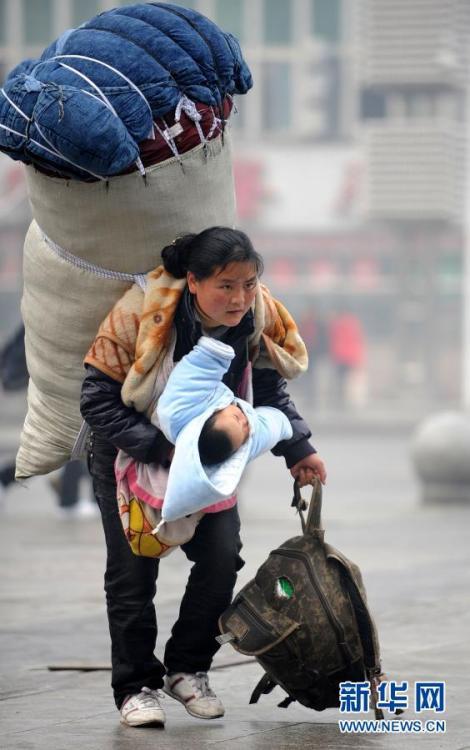
Yet this still does not motivate the young mother to add a new member to her family. Feng says she has become a full-time mother since her son was born, which has made her "an outcast from society."
"Spending most of my time doing household chores and taking care of my son has deprived me of the pleasure of being a working woman. I want to return to society and be able to work again." She is now preparing for exams to become a licensed teacher, and that has become her new passion.
Like Feng, an increasing number of Chinese women have begun prioritizing their careers and want a life outside of the home. And this may have translated into doubt about bearing more children.
"People used to view having children as a way to make sure there is someone to count on when they get old, but this way of thinking is being phased out as social security improves," said Lu. "On top of that, young people's life choices are also more diversified. Starting a family is becoming less significant in their lives. We have learned from statistics that many people are pushing back getting married, which has certainly raised the prospect of a population implosion."
Since 2013, China has begun seeing an annual decline in registrations for marriage. In the past, marriage was seen as the only path to stability, something that everyone had to go through in life. But Chinese millennials are increasingly finding alternatives to getting married.
Staying single and relishing this freedom has become a cause for celebration. While many Chinese are still under family pressure to get married, their parents' "commands" are not as effective as they used to be. Defiance of parents' marriage push and resistance to family-arranged matchmaking are becoming a recurring theme in conversations between young people. Other than that, families are also increasingly learning to respect children's life choices.
These trends are likely to continue, Lu said. "People are not going to have more children if they are not motivated to do so. We should have more government incentives in place, and that's what will make a difference."


















































